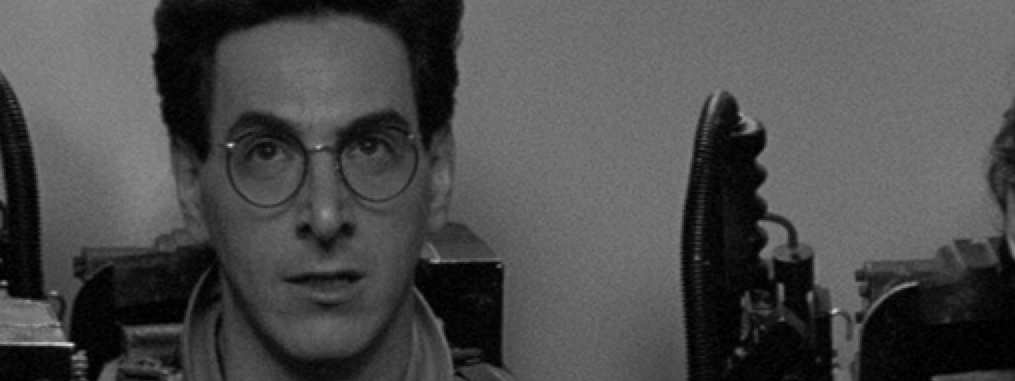Before I knew anything about the distinction between writers, directors, or actors, I knew that Egon was my favorite Ghostbuster. I don’t know what it was that I found so compelling about Egon – perhaps even as a four year-old I had a sense that he was the guy behind it all. Or, more likely, maybe he’s just the one I identified with the most. Regardless, Ghostbusters served as the context for every future appearance of Harold Ramis in my pop culture experience. In no particular order, “Egon” was the guy who wrote, directed, appeared or starred in a plethora of movies that defined a generation, most prolifically in the generation just preceding mine, but significant to me nonetheless. Caddyshack, Stripes, and Ghostbusters are the most likely candidates to be cited as his magnum opus (in the screenplay conversation). But out of the many tributes that honored Ramis this week, a rising tide of voices extolled the often referenced, but frequently forgotten masterpiece that was Groundhog Day. Notorious for the friendship and artistic partnership that it ultimately ruined, Groundhog Day provided the perfect example of the extraordinary talents that Ramis possessed. Writer, director, actor. Never flashy, always great. Even after I became more aware of Ramis’ talents behind the camera, I frequently stumbled on recognizing him in front of it. Smaller roles in movies like Orange County, The Last Kiss, and Knocked Up prompted frustrating dives into my mind’s abyss – “who is that? I know this guy,” I would ask myself. “Oh right, it’s Egon.” In my mind, he will always be Egon. Thankfully, there are generations of more astute audiences that will remember him as so much more.
